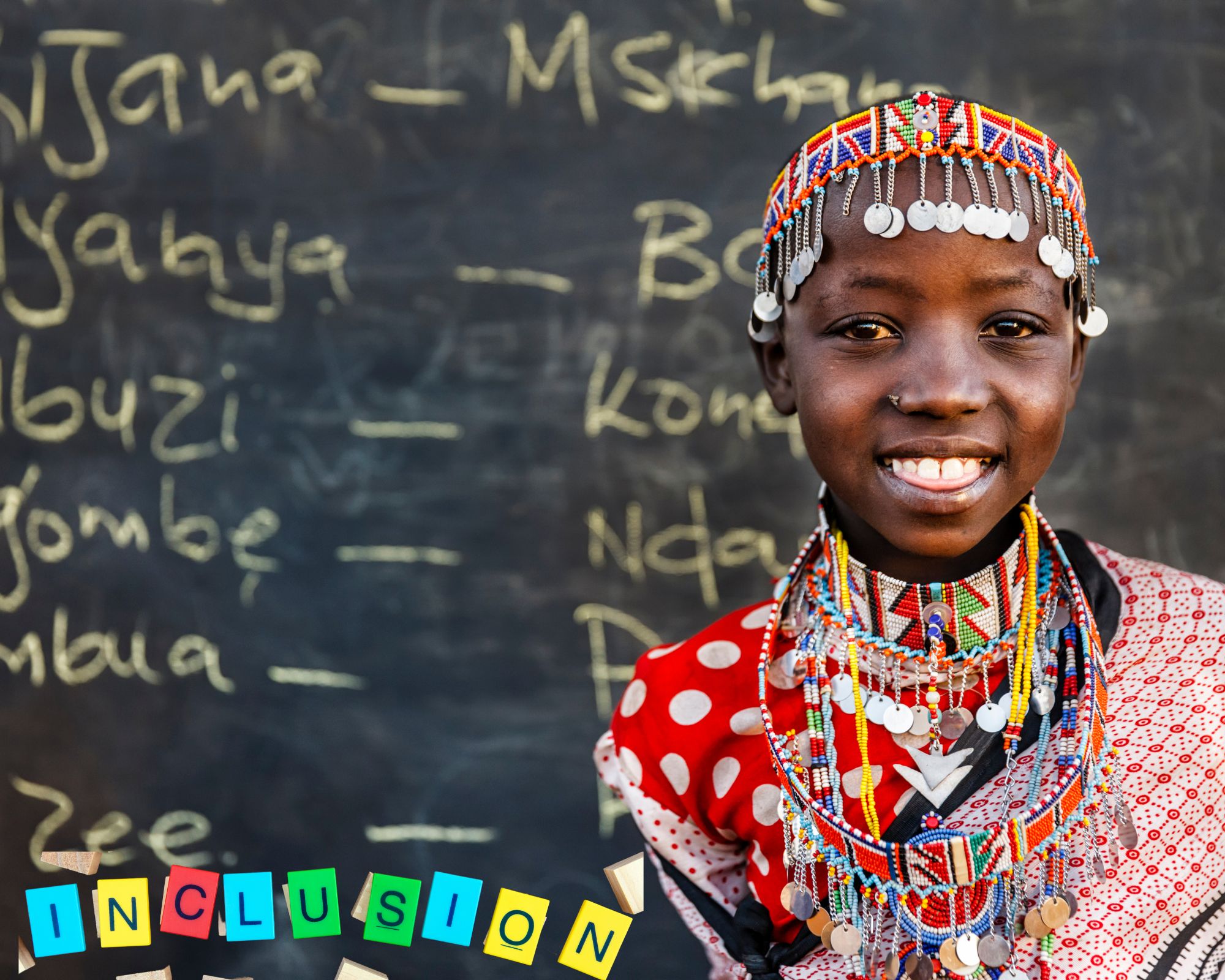Summary:
-
At least two deaf persons have been shot and murdered in Uganda by government law enforcement officials since the start of the Covid19 outbreak.
-
As a linguistic minority, deaf individuals use sign language as their primary form of communication.
-
There have been ongoing television campaigns in Uganda about increasing sign language users’ access to information and services.
-
As a result, deaf people continue to be victimized and denied their human rights.
-
They also have to pay for sign language interpretation in public settings.
At least two deaf persons have been shot and murdered in Uganda by government law enforcement officials since the start of the Covid19 outbreak. Being dumb and deaf was their “crime.” They died because they could not hear or understand English-language communications on Covid19 containment measures.
Even though the UNCRPD and its reporting systems require governments to remove all obstacles to information access, including those faced by Deaf people, this is the case. As a linguistic minority, deaf individuals use sign language as their primary form of communication. In Uganda, one in thirty citizens is deaf.
Kenya and Uganda have begun using sign language in official communications and have taken the first steps to put it in the Constitution. For instance, Kenya has increased access to healthcare services by placing interpreters in hospitals. But all the evidence we need to demonstrate that we still have a long way to go is that deaf people and their challenges are still seen as a minority and neglected.
East African nations must step up their efforts to put their inclusion policies into practice and have their sign languages recognized legally in all fields. They also have to pay for sign language interpretation in public settings. Building the inclusive East African community we all desire would benefit significantly from this. We in the Deaf community will still experience discrimination to that day.
To enable deaf people to actively and meaningfully engage in public life, we must first ensure that sign language interpreters play a crucial role in economic, social, and political activities. Many people believe that all deaf people are proficient in written grammar. This is untrue since grammar in Sign Language and English (or any other language) is different.
Sign language interpreters are required to help deaf people understand spoken and written language. However, the cost of their services is high, with a daily average price of $40. Remember that 41% of Ugandans survive on less than $1.90 daily. The bulk of the deaf and hard-of-hearing population in the nation cannot afford these treatments.
There has been some improvement. There have been ongoing television campaigns in Uganda about increasing sign language users’ access to information and services. Through this campaign, it is hoped that more Ugandans will become aware of their rights, influencing political decision-makers to expedite the Ministry of ICT and National Guidance’s approval of the Draft Guidelines to Television Access. These will offer a framework for implementation.
The sign languages of the remaining EAC nations have not yet received official recognition. As a result, deaf people continue to be victimized and denied their human rights. To promote the full integration of people with disabilities into society, these nations must uphold their duties under the United Nations Convention on the Rights of Persons with Disabilities (CRPD).
Although it may be claimed that Uganda and the EAC countries have had legal and policy frameworks that guarantee access to information, these mostly remain on paper and are not implemented, especially for those who are deaf. Take into account that government offices, educational institutions, and healthcare facilities lack sign language interpreters and have material inaccessible in some formats. Additionally, only the hearing community can watch television for amusement or knowledge.
Consider the value and significance of sign language interpretation of court proceedings to a defendant who is deaf. Although interpretation is undoubtedly the best method to guarantee adequate comprehension and participation in the trial, it is not always easily accessible. Many deaf people have been denied access to justice in several unreported situations. As a result, deaf people are frequently ignored and subject to severe abuse.
Therefore, EAC nations must move quickly to put their national and international rules on inclusion into effect. They must mainstream their sign languages into all fields and have them legally recognized. They also have to pay for sign language interpretation in public settings. Building the inclusive East African community we all desire would benefit significantly from this. We in the Deaf community will still experience discrimination to that day.

